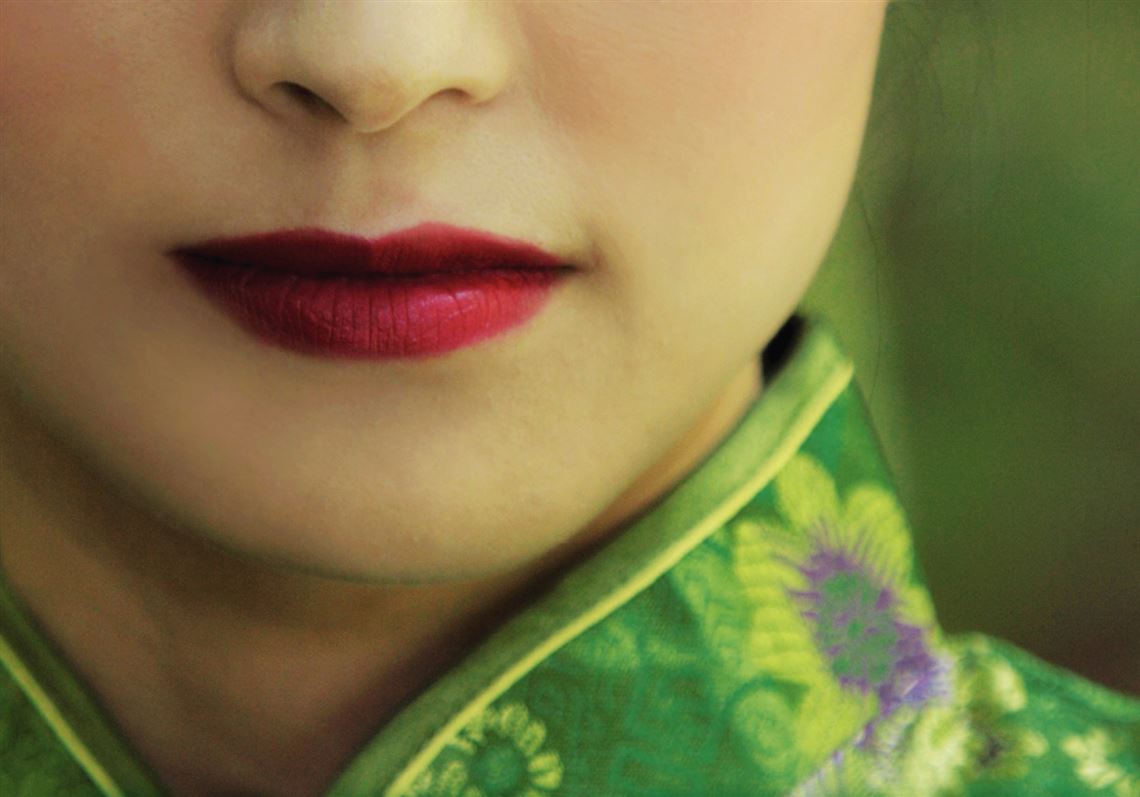Tuesday
As a white straight male, I’ve been thinking a lot about how my privilege has blinded me to reality. I now realize my sheltered life has led me to believe that justice will ultimately prevail and that checks exist on abuses of power. “The GOP wouldn’t dare do something like this,” I have found myself periodically saying, only to see them do it.
I am learning from ex-Republican David Frum that “if conservatives become convinced that they cannot win democratically, they will not abandon conservatism. They will reject democracy.” People of color, operating from experience, have known this for a while.
As the GOP packs the courts with rightwing justices who will support nationwide voter suppression efforts and otherwise tilt the decks to give themselves perpetual power, I at least sense what it means to be black or a woman. I thought about this recently while reading Amy Tan’s 2013 novel The Valley of Amazement.
That’s because we see a character accustomed to privilege suddenly have everything stripped from her. Raised in turn-of-the-century Shanghai by a mother who runs a high-class courtesan house, Violet suddenly learns how it feels to be one of the people she has despised.
Throughout her childhood, Violet takes pride in the fact that she is American and white, seeing these as markers that set her apart from the courtesans and the servants. To differentiate herself, at times she even pretends that she doesn’t speak fluent Chinese.
Her easy superiority starts crumbling when she discovers her father is Chinese. The scene occurs when a courtesan usurps her chair and then spills secrets:
“What makes you think you’re the only one who can sit here?”
“Lulu Mimi is my mother” I added, “and I’m an American like her.”
“Since when do half-breed American bastards have the same rights?”
I was shocked. Rage was rising from my throat…I sputtered to Misty Cloud, “You’re a worm in a dead fish ass.” The maids burst into laughter.
“Wah! The half-breed has such a foul mouth,” Misty Cloud said. She looked around the table to the others. “If she’s not a half-breed, how is it that she looks Chinese?”
“How dare you say that!” I cried. “I’m American. There’s nothing Chinese about me.”
“Then why are you speaking Chinese?”
I could not answer at first, because if I did, I would be speaking in Chinese again and give her the upper hand.
Eventually Violet admits her Chinese half but that isn’t the end of it. At 14 she is kidnapped and sold to a second-class courtesan house. Attempts to play the American card prove futile:
I struggled and shouted, and to everyone I saw—the people on the road, the gatekeeper, the menservants, the maids—I warned that if they did not obey me, my mother would later have them jailed for kidnapping. They gave me blank-faced stares. Why didn’t they obey? How dare they treat a foreigner this way…
My heart was racing and panic choked my throat. “I’m a foreigner,” I squawked in Chinese. “You are not allowed to do this to me…” The courtesans and little maids stared back.
“How peculiar that she speaks Chinese,” a maid whispered.
Later, her attempts at leverage receive a sarcastic reply:
“My mother is a very important American,” I said to the madam. “If you do not let me go this instant, she will have you convicted in an American court of law and your house will be closed forever.”
“Yes, we know all about your mother. Lulu Mimi. Such an important woman.”
All is for naught and Violet undergoes a lengthy reeducation process. Even though she eventually surrenders and becomes a Chinese courtesan, a couple of years later a patron still must chide her for trying to regain her “Yankee privilege.” She must relinquish entirely her sense of entitlement.
Violet thinks she has power and then learns that she doesn’t. As one who lives a privileged life, We are in the same boat, of course, but I am gaining a better sense of what it means to have one’s values systematically stripped away.
And what about those who, unlike Violet, still have leverage? Don’t underestimate how far they will go to protect their power and their wealth.


